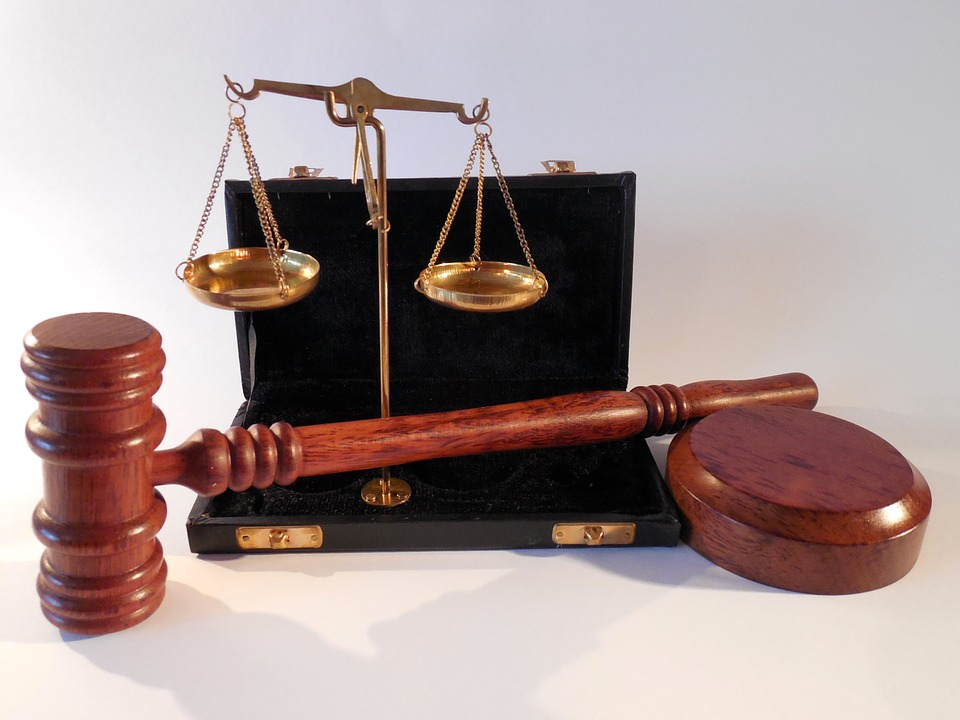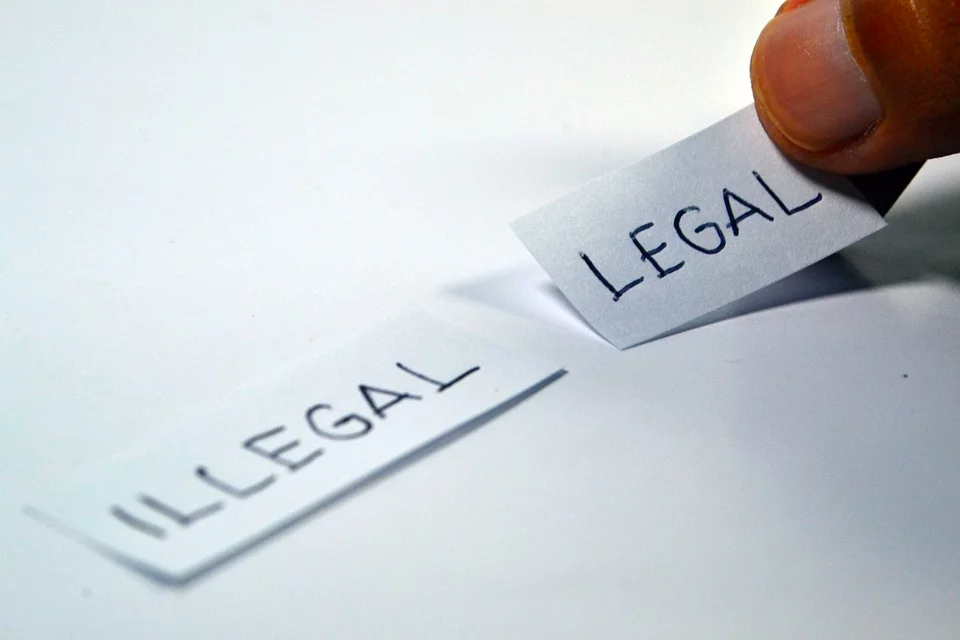

The year 2017 marked a watershed in my four decades or so as a women’s health advocate and a firm supporter of women’s right to safe abortion services. This was the year when several child rape survivors approached the courts for access to safe abortion services for pregnancies exceeding 20 weeks of gestation.
The first of these, covered widely in the media, was the case of a 10-year old child from Chandigarh who had been raped by her uncles. I followed the events on the newspapers and through information shared by those who were doing all they could to pull together the medical evidence needed to convince the Supreme Court that an abortion was in the best interests of the child. All in vain. The 10 year-old was forced to deliver a child, but did not know that she had delivered a child. All she was told was that she had undergone a stomach operation.
Another case from Mumbai soon followed. A well-known obstetrician-gynaecologist was denied permission by the Mumbai high court to conduct an MTP procedure on a 12-13 year old whose pregnancy had surpassed 20 weeks of gestation. The child was further traumatised because she had been removed from her parents and moved to an institution “for her own safety”, by the local Child Welfare Committee.
The third instance was closer to home, in Trivandrum, where I live. A 12 year old was raped by her 14 year old brother. The boy was arrested and the destitute single mother of the two, after going from pillar to post seeking an MTP for the girl, finally approached the Child Welfare Committee. The Child Welfare Committee said that an MTP was not possible because the pregnancy was beyond 20 weeks’ gestation. An advocate friend of mine filed a case in Kerala High Court and the court denied the abortion.
These instances shook me up very deeply. I could not reconcile myself to motherhood being forced on young girls barely entering their teens, and I started looking into the circumstances leading up to the denial of MTP to child rape survivors.
Let me clarify before I go on, that the judgements by the Courts with regard to permission for MTPs beyond 20 weeks of gestation have included both positive and negative outcomes. According to a report by the Pratigya Campaign for Gender Equality and Safe Abortion, of the five cases of child rape survivors seeking permission for MTPs in the Supreme Court during 2016-18, three were allowed and one was denied. During the same period, 12 of 78 petitions in various high courts of India, all involving pregnancies following rape of minors, were rejected [1]. Thus, only a small proportion of petitions to the Courts are rejected. All the same, I would like to describe the untold suffering that every one of them have to experience, and the injustice of the denial of MTPs to children who have already experienced the trauma of sexual violence.
To begin with, the child rape survivor often does not immediately (or ever at all) link the sexual violence with the absence of menstrual periods, and with being pregnant. She may not be aware of the connections at all, or may be having irregular periods at this early stage following menarche, that she may not miss her periods. If she does realise something is wrong, she may be too scared to share this with her mother or any grown-up. When someone realises that the girl may be pregnant, it is usually well past the first trimester.
When the parent(s) approaches a medical professional for the girl’s MTP, the first hurdle is the requirements under POCSO. The medical professional insists on reporting the matter to the police, and if the parent(s) refuses to file a case, MTP is usually denied [2]. In instances where a case has already been filed, the second hurdle is non-availability of second-trimester abortions in most government health facilities except at the level of medical college hospitals. By the time the child rape-survivor reaches a tertiary-care facility for an MTP, she may be close to 20-weeks of gestation. The third hurdle is delays at the tertiary care hospital in providing an MTP, resulting in the girl crossing the legally permissible gestational limit for MTP. This then, is the tortuous process that the child rape survivor and her family has to go through, before they walk into a worse nightmare.
When the girl has crossed the legal gestational limit, most health facilities deny an MTP. In the best case scenario, the case is referred to the Courts. The Courts, in turn, appoint a Medical Board to advise them on whether the pregnancy poses a grave threat to the child’s health. The Medical Boards’ advise determines the final decision of the Courts.
In the Kerala case mentioned above, the report of the Medical Board, constituted of three doctors from a local medical college, stated, “the girl is a well-grown healthy adolescent girl. Considering the growth of the foetus, the opinion of the Medical Board was that termination of the pregnancy at this stage would be hazardous than going through a term delivery. If there is a forced medical termination of pregnancy, the girl may suffer permanent damages affecting her future life [3].” There is no evidence to back-up the claim that termination of pregnancy would be more hazardous than term-delivery, nor is it clear what is meant by ‘hazardous’ in this instance. The claim that forced MTP may damage the girl’s future appears perverse, especially when considering that the girl has been forced to deliver her own brother’s child, at the tender age of 13. It is impossible to understand the merit of the stance taken by the Medical Board, which appears to be grounded neither in scientific evidence nor in moral and ethical considerations.
It is important to note that the MTP Act does not state that medical boards are required. But it has become routine practice for the judiciary to rely wholly on the opinion of the Medical Boards. For example, the Kerala High Court states in its judgement denying MTP to the 12-year-old, “we have anxiously considered the Report. In view of the Report of the Medical Board, we cannot now accede to grant the relief in relation to medical termination of pregnancy [3].”
In some instances, the child is handed over to an institution till her delivery after the denial of MTP, or as soon as the rape is reported to the police, “for her own safety”. The child has to cope with an unfamiliar environment, not always friendly or considerate, with limited access to her parents or supportive family members. Very little is known about how they fare after the delivery and what happens to the child born to a child.
From what I have gathered through reading relevant documents and discussions with those engaged in legal advocacy, there are provisions within the MTP Act which could be interpreted in such a way as to spare child rape survivors this tortuous journey. Section 5 of the MTP Act states that the limit of 20 weeks may be relaxed if a single RMP under the MTP Act decides in good faith that the termination is necessary to save the life of the pregnant woman. A recent judgement by the Bombay High Court has clarified that “saving the life” in this instance need not be interpreted narrowly as preventing the death of a pregnant woman; and that it may be interpreted, as the Supreme Court had done in many instances when allowing for relaxation of the 20 week gestational limit, to include prevention of grave physical injury and mental trauma [4].
The 2019 Amendment Bill to the MTP Act of 1971 has many positives to its credit, such as permitting first trimester abortion on request by the woman, expanding the provider-base to include mid-level providers and raising the gestational limit for MTP beyond 20 weeks in cases of substantial foetal abnormality [5]. However, there does not seem to be any move to permit MTPs in child rape survivors irrespective of the period of gestation. There is sufficient evidence to show that late abortions, even up to the third trimester, are sought by the most vulnerable sections of women and girls, constitute at best about 1% of all abortions, and can be safely carried out by trained professionals [6-7].
This is a call for justice to the girl children involved. They do not deserve to become victims twice over – pregnancy due to sexual abuse and forced motherhood that entrenches the trauma for the rest of their lives.
References
- Rastogi A and Chandrashekar R. Assessing the judiciary’s role in access to safe abortion. An analysis of Supreme Court and High Court judgements in India from June 2016- April 2019. New Delhi, Pratigya Campaign for Gender Equality and Safe Abortion. 2019.
- Bose A. How India’s Most Important Law for Children’s Safety is Leading to Unsafe Abortions Among Teenagers. 23 October, 2019. Available at:https://www.news18.com/news/buzz/police-drama-or-unsafe-abortion-the-complicated-choice-for-pregnant-indian-teenagers-2359321.html. Accessed on 4 November 2019
- Judgement on Gopika Govindan vs. State of Kerala and others. Writ Petition WP ( C) No. 23225 of 2017 in the High Court of Kerala, Ernakulam, 17 July 2017. Paragraphs 2 & 3.
- Judgement on Sudha Sandeep Devgirkr vs Union Of India. Writ Petition No, 10835 of 2018 in the High Court of Judicature at Bombay. Available at: https://indiankanoon.org/doc/121687393/. Accessed on 4 November 2019.
- Draft Medical Termination of Pregnancy (Amendment) Bill, 2014. New Delhi, Government of India, Ministry of Health and Family Welfare, 29 October 2014. Available at: https://www.prsindia.org/uploads/media/draft/Draft%20Medical%20Termination %20of%20Pregnancy%20Amendment%20Bill%202014.pdf. Accessed on 4 November 2019.
- Raymond EG, Grimes DA. The comparative safety of legal induced abortion and childbirth in the United States. Obstetrics and Gynaecology. 2012;119(2 Pt 1):215-9. doi: 10.1097/AOG.0b013e31823fe923.
- Grimes DA. Who has late abortions – and why? 6 December 2017. Available at: https://www.huffpost.com/entry/who-has-late-abortions-and-why_b_6532684. Accessed on 4 November 2019.